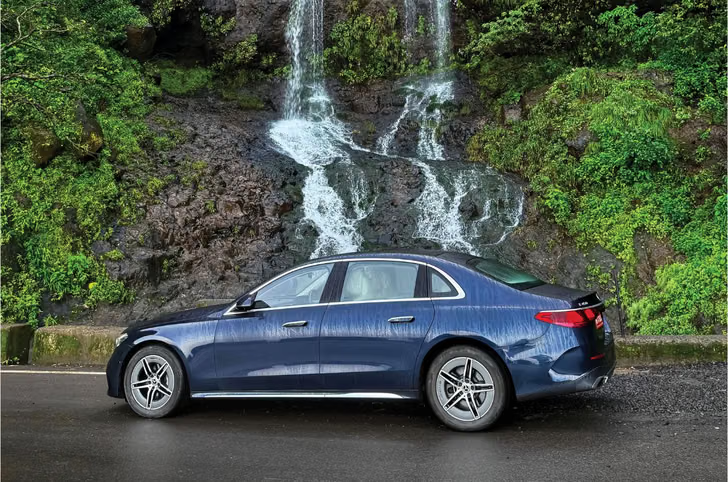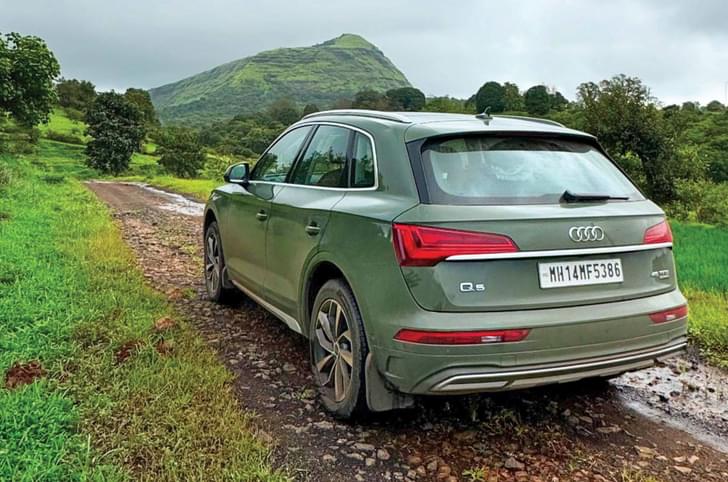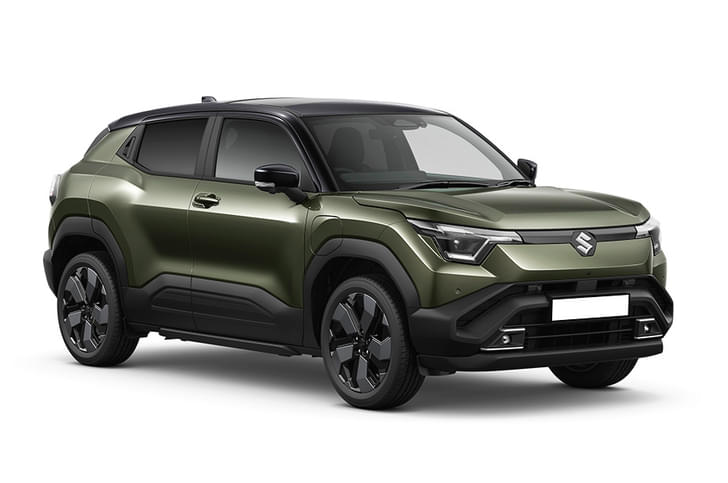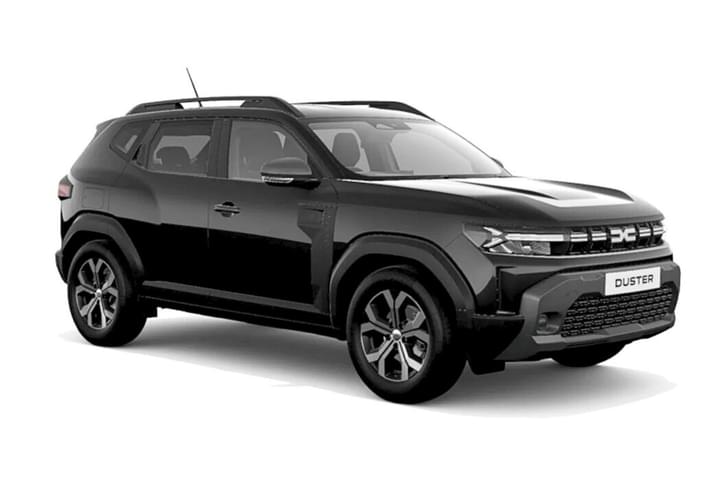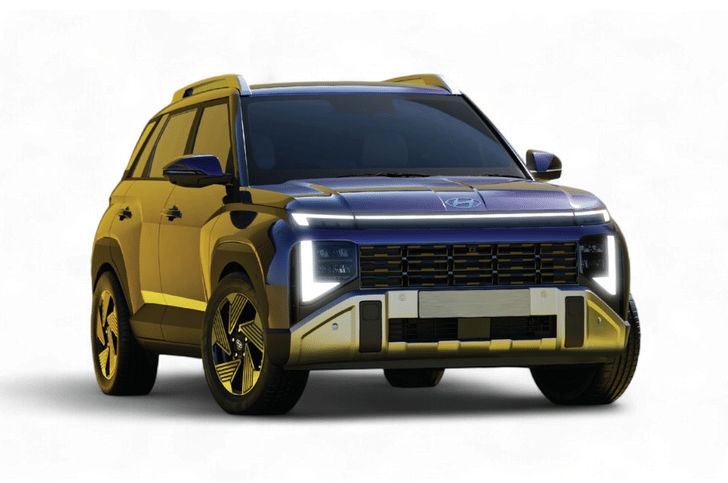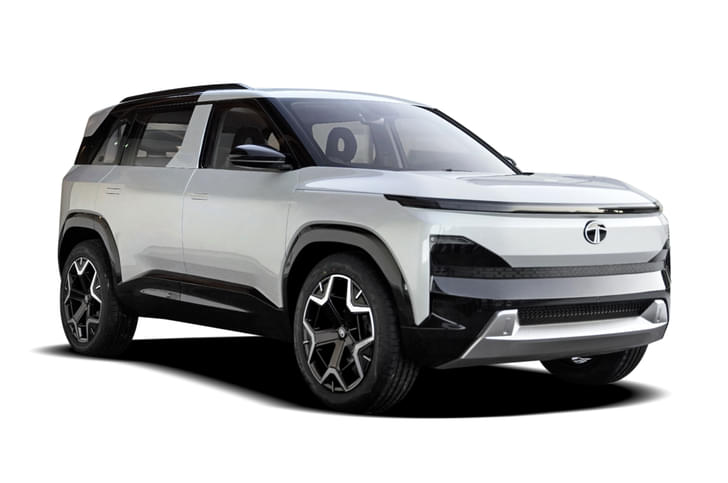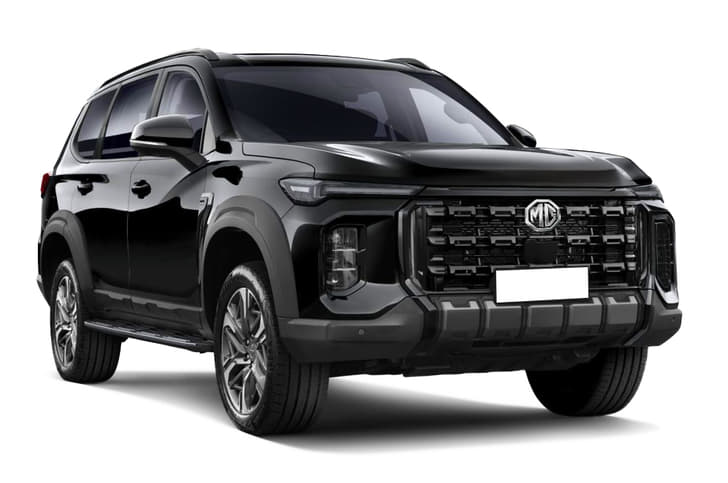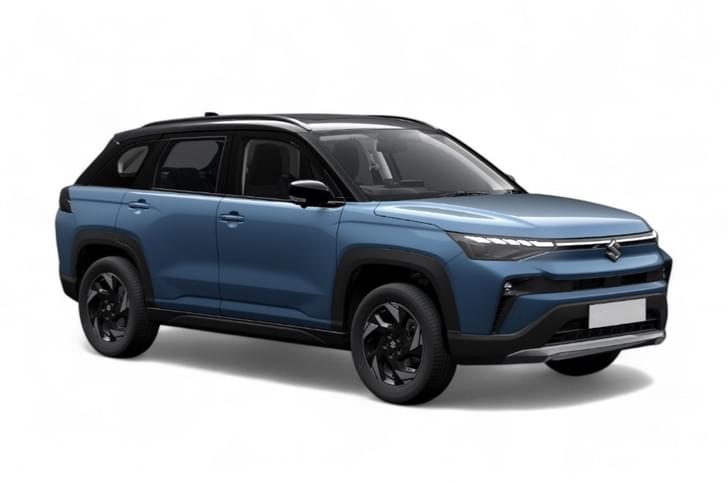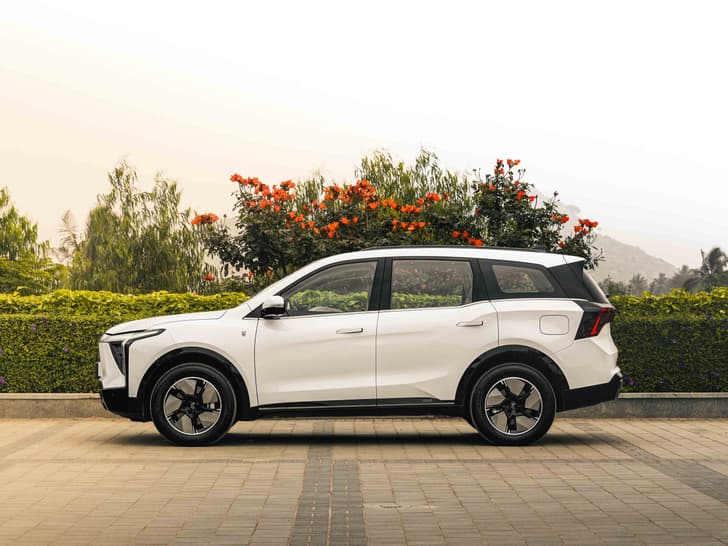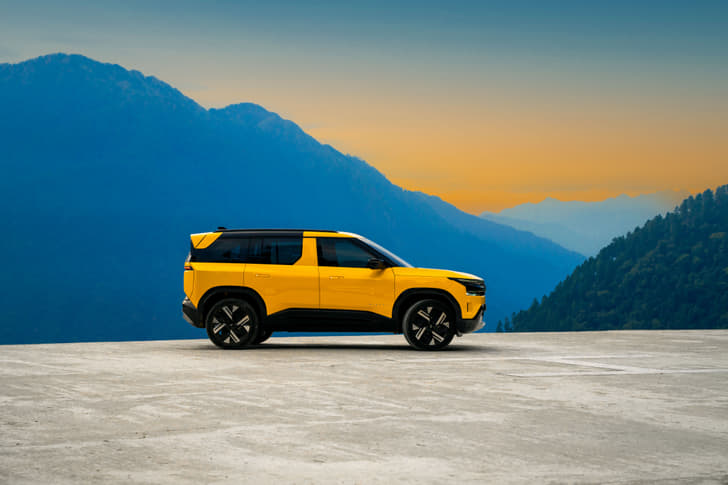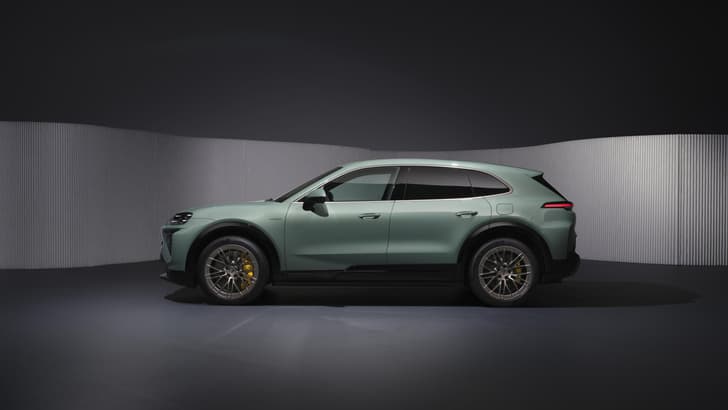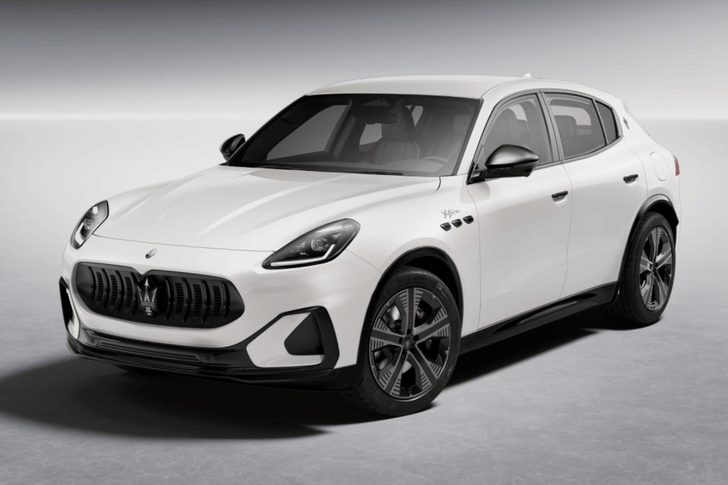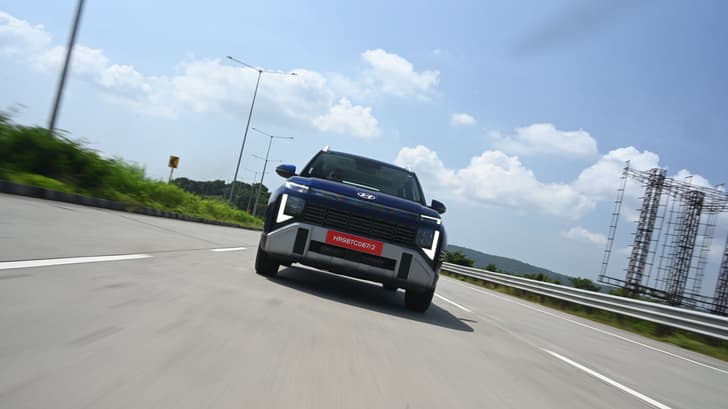I think it’s fair to say the Renault Kwid made as much of an impact in our long-term fleet as the original Tata Nano. Everyone was curious about it, and everyone wanted to inspect it closely. Everyone had questions about it. And by everyone I mean everyone – friends, family, acquaintances, and even those at traffic lights and parking lots. I was once even flagged down by a traffic policeman who wanted to know more about the ‘chota Duster’. The shiny red Renault Kwid joined our fleet back in May 2016 and I’ve been its chief custodian. Its size was just right for my intra-city commute.
I really like the way the Kwid looks; that mini-SUV stance gives it a dash of personality not seen on its rivals. And I still really like the functional interior. My family members were impressed by the Kwid’s ability to comfortably seat four, and even relatives flying in from out of town were amazed at how much luggage the little car’s boot could hold. The 300-litre boot was put to good use on multiple airport runs. However, my grandmother did find the seats a touch low and found ingress a bit of a pain.
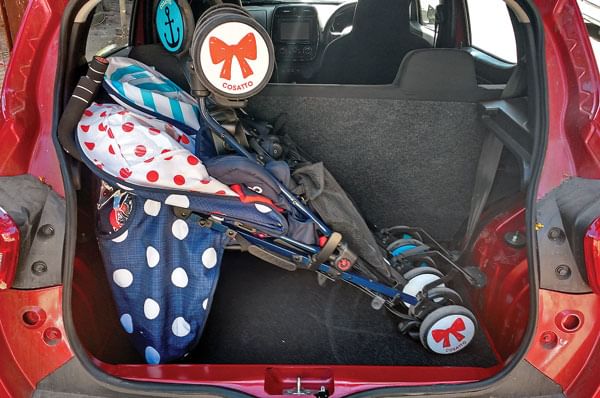
Also, the Kwid isn’t the car I’d recommend if you are a family of five; the rear seat is a squeeze for three. I, however, was quite content with the driver’s seat. The chunky steering wheel feels great to hold and the digital speedometer reminded me of the old Honda Civic, one of my favourite cars back in the day. Of course, the highlight of the cabin is the touchscreen infotainment system. It’s positioned at just the right height, and the physical buttons for volume control are also easy to reach, so colleagues used to more premium cars didn’t really miss steering-mounted audio buttons. The user interface is pretty simple, even my niece, who is barely two years old, managed to locate the radio icon on the screen and fiddle with it. The satellite navigation too was helpful the few times I used it. However, pairing my phone to the audio system via Bluetooth was a bit erratic, but after a few tries, it was good to go. The standard twin speakers in the dash aren’t all that nice and I’d recommend upgrading to a proper four-speaker system. Given how good the interface is, Renault could have done a lot more in terms of sound quality. It would also do the company well to find a permanent solution for the upper glovebox lid; it keeps popping open and feels flimsy. Unfortunately, our Kwid was part of the initial batch of cars that got small and fragile wing mirrors. The latest ones, however, come with sturdier and wider units.
Coming back to what I liked about the Kwid, it’s time to talk about ride quality. The suspension is superb and absorbed most surface imperfections with ease; quite an accomplishment for a car running on small 13-inch wheels. The light steering also made it easy to navigate the narrow by-lanes, but I also noticed that the number of rotations, lock-to-lock, are slightly more than the power steering-equipped Alto.
Living with the Kwid, I was privy to its merits and quirks, and I have a list. Leading this has got to be the engine. While I could deal with the 0.8-litre, three-cylinder engine’s noise and, given my urban commute, wasn’t that affected by the lack of grunt on the highway, it was the jerky low-speed power delivery that was bothersome. And what’s frustrating is the fact that the 1.0-litre Kwid we got for testing is free from this low-speed hiccup. However, where our Kwid did deliver was fuel economy. In the last few months, it averaged between 12-13.5kpl which is rather good in my first-second-first gear crawl in heavy Mumbai traffic. One thing, though, the distance-to-empty figure disappears under 80km; ironic, because that’s when you need it the most.
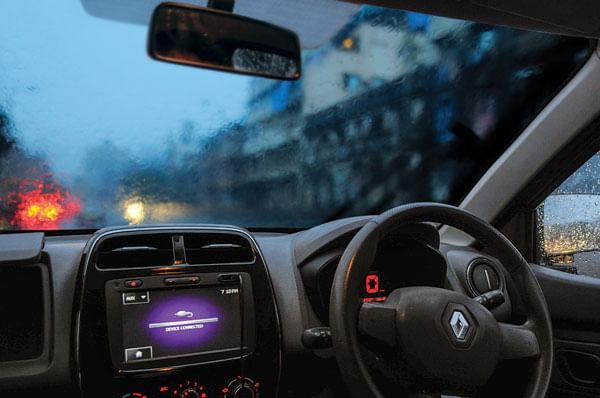
Over time, the Kwid’s clutch became a bit harder, and that’s not something you expect in a car this new. Also, the effectiveness of the brakes seemed to be on a decline in just the short 7,000km that we covered. And remember, the car lacks ABS, so driving in the rains called for extra caution; you don’t realise its importance until you drive a car with no ABS and slightly weak brakes.
The Kwid is on its way back home now. It’s a car that I’ve liked for various reasons but it isn’t one that I would recommend wholeheartedly. It’s all down to the 0.8 engine which feels a bit rough around the edges. Having spent time with this version and driven the 1.0-litre car briefly, I believe the latter is the one to go for. The good news is, I’ll be able to justify my choice because the Kwid 1.0 will soon be taking the place of the 0.8 in our long-term fleet.





